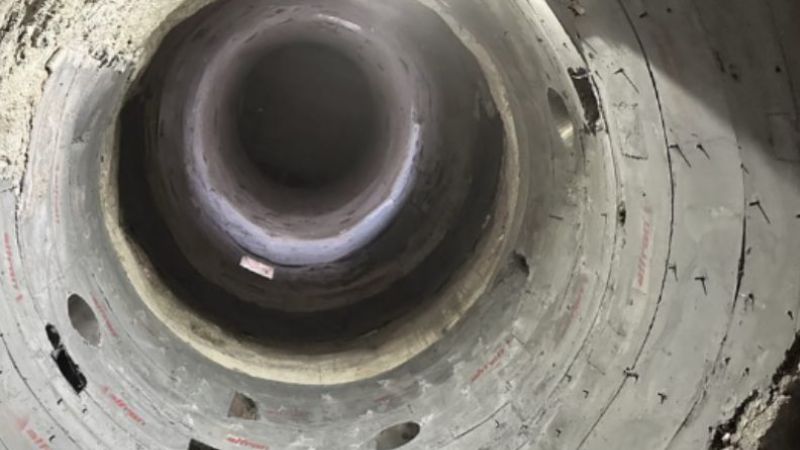
Energy efficiency in industrial processes is not just an economic concern, but also a fundamental pillar of sustainability and competitiveness. In sectors such as cement, steel, aluminum, and energy—where industrial furnaces operate at extreme temperatures—minimizing heat loss is essential. In this context, refractory concretes emerge as a strategic solution to optimize energy consumption without compromising safety or operational performance.
Why Is Energy Efficiency Important in Industrial Furnaces?
Industrial furnaces are among the largest energy consumers in many facilities. Heat losses through walls, roofs, doors, and joints—as well as frequent startups—significantly increase fuel usage and associated costs. Furthermore, low energy efficiency leads to higher CO₂ emissions, negatively impacting both the environment and compliance with sustainability regulations.
Therefore, improving the energy efficiency of these units has a direct impact on operational profitability, the reduction of pollutant emissions, and the enhancement of the thermal assets’ lifecycle.
What Are Refractory Concretes and What Makes Them Ideal for Thermal Efficiency?
Refractory concretes are materials designed to withstand high temperatures and harsh chemical environments while maintaining structural integrity. Unlike other thermal insulators, they combine mechanical strength, low porosity, and the ability to perform under continuous thermal cycling.
Key properties that enhance energy efficiency include:
-
High refractoriness and low thermal conductivity, minimizing heat loss.
-
Thermal shock resistance, preventing cracks and premature failure.
-
Durability in aggressive chemical environments, extending lining lifespan.
-
Installation adaptability, allowing customized solutions for any furnace geometry.
Mechanisms Through Which Refractory Concretes Contribute to Energy Savings
The use of advanced refractory concretes allows for optimization of furnace thermal performance through several mechanisms:
-
Reduction of heat loss by conduction: low-porosity materials and specific formulations limit heat transfer from inside the equipment to the outside.
-
Improved effective insulation: by retaining internal temperatures longer, less energy is required to maintain process conditions.
-
Resistance to thermal shock: prevents deterioration that compromises the thermal seal of the lining.
-
Reduction of active thermal mass: fast-drying concretes such as Alfran’s Drytech® range enable safer, more efficient startups and reduce the risk of explosions.
Types of Refractory Concretes and Their Link to Energy Efficiency
Depending on operational needs and furnace type, different refractory solutions have a direct impact on energy consumption:
-
Low Cement Castables (LCC and ULCC): offer excellent mechanical strength and reduced chemically bound water, improving drying cycles.
-
No Cement Castables (NCC): such as those in Alfran’s Drytech® range, eliminate hydrates entirely, allowing for faster and safer startups with significant fuel savings.
-
Gunnable Concretes (High Gun® and Alfranjet®): optimize installation, reduce waste, and achieve superior compaction, improving the thermal insulation of the lining.
Thanks to its extensive experience across various industries, Alfran has developed technologies and specific formulations that maximize thermal efficiency without compromising strength or durability, adapting to the most demanding operating conditions.
Operational and Economic Benefits of Refractory Concretes in Terms of Efficiency
The proper selection and application of refractory concretes offer tangible short- and long-term advantages:
-
Lower energy consumption, resulting in significant fuel savings.
-
Reduced drying and startup time and cost, especially with no-cement castables.
-
Increased operational availability, thanks to fewer maintenance shutdowns.
-
Extended lining lifespan, due to better resistance to thermal and chemical stress.
-
Contribution to sustainability: lower carbon footprint and improved environmental performance indicators for the plant.
In summary, the use of refractory concretes not only provides thermal safety and protection but also translates into energy efficiency, cost reduction, and commitment to industrial sustainability. In this field, Alfran—through its track record, innovation capacity, and comprehensive turnkey solutions—positions itself as a strategic partner for companies seeking to improve operational performance with top-tier technical and environmental standards.


